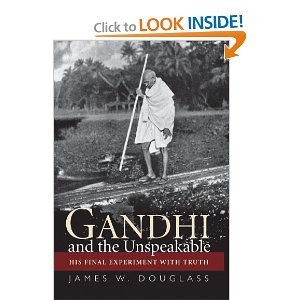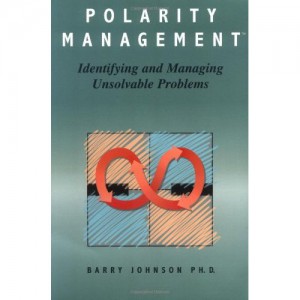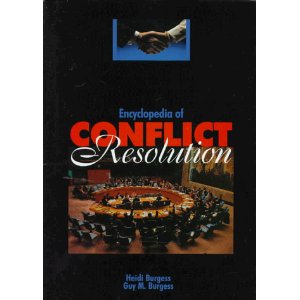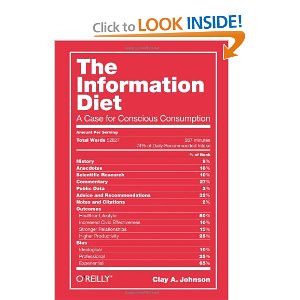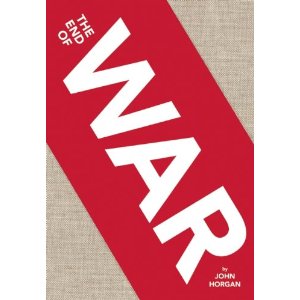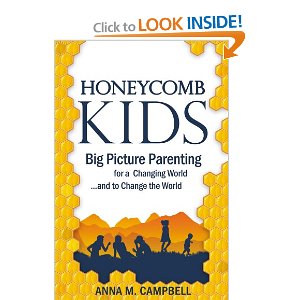
Anna M. Campbell
5.0 out of 5 stars Intelligent, Endearing, Inspiring, Useful, Rooted in Reality, June 3, 2012
The author asked me if I would review this book, and sent me a PDF version. I've just gone through it and it earns a solid five. If you have any doubts, use Amazon's great Look Inside the Book feature, and read the specifics in the Table of Contents.
It was the table of contents that first impressed me. I've been an intelligence professional most of my life, and in the process of getting to 60 years of age, have developed four strategic analytic models that remains best in class today. I also read a lot — across 98 non-fiction categories, with the last 1,800+ books reviewed here at Amazon (and accessible by category at Phi Beta Iota the Public Intelligence Blog).
I say all of that by way of saying that the author's selection and articulation of the core issues facing humanity — immediately followed by the author's even more inspired outlining of key values, key behaviors, key perspectives — all with citations interspersed and talking points for parents or mentors or teachers and children — impressed me enormously.
Over 30 books are offered as recommended reading, all of them relevant, one in particular catching my eye: The Sacred Balance: Rediscovering Our Place in Nature.
Continue reading “Review: Honeycomb Kids – Big Picture Parenting”

